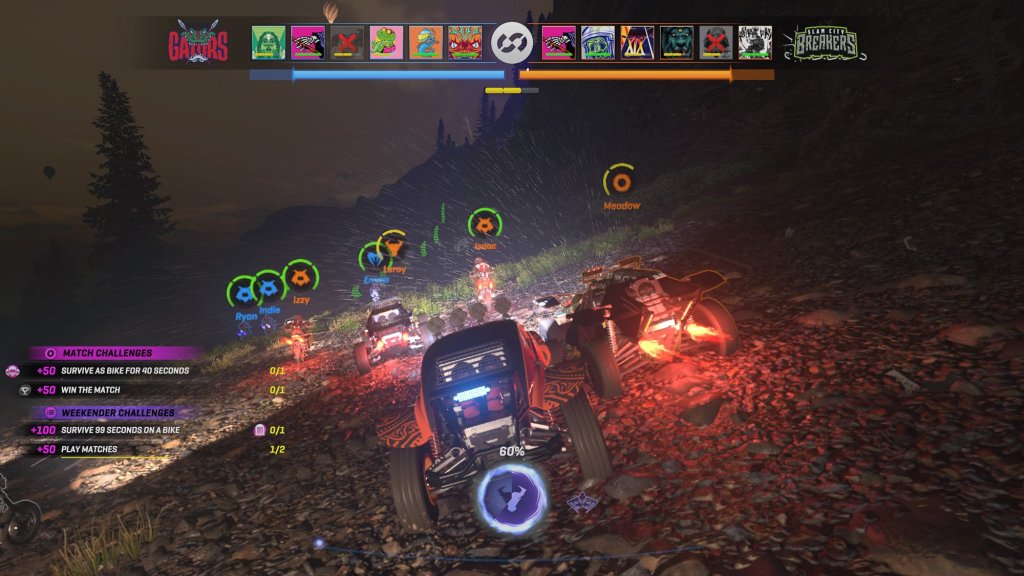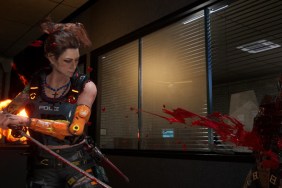Right out of the gate, a lot of folks are going to look at the orange-versus-blue team-based combat racing of Onrush and claim that Codemasters have liberally lifted ideas from both the Burnout and MotorStorm franchises, as well as from Blizzard’s Overwatch. It would be a hard point to rally against, since elements of all three games have…
-
Gets the adrenaline pumping
-
Handling is great
-
Deceptively tactical
-
Looks superb
-
Online play misses some basics
-
Sound design isnât great








